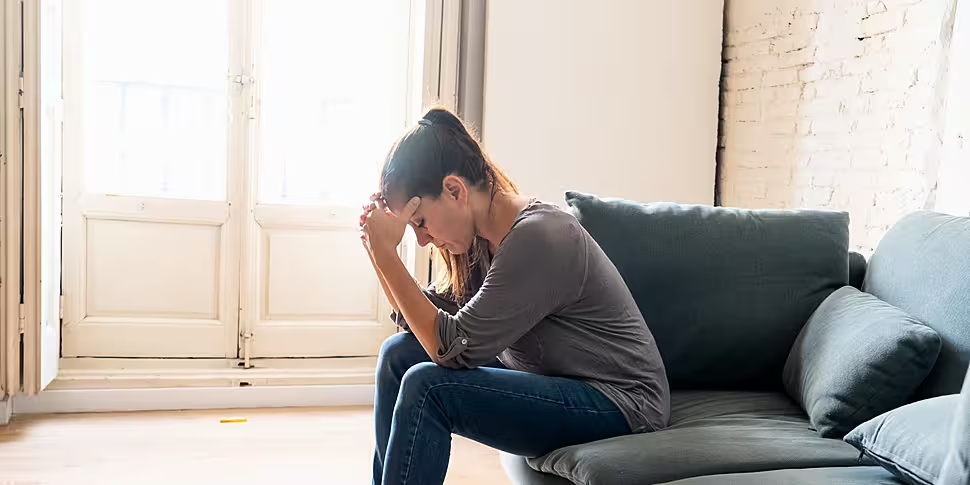A psychotherapist says the Government needs to stop focusing so much on physical health over mental health.
Stella O'Malley was speaking amid new COVID-19 restrictions around travel and mask wearing in schools.
While the threat of the Omicron variant, and the potential unknown around the new strain, looms.
Stella told Newstalk Breakfast everyone knows who Chief Medical Officer Tony Holohan is - but wonders where is his mental health equivalent.
"I'm very concerned about the nation's mental health: I really think that we're focusing on physical health over mental health for - now - 21 months.
"I see the impact of it... every single day I'm getting e-mails - every single day - where they will say 'Since COVID hit, since the pandemic, since the restrictions, everything got worse, everything got harder, it tipped me over the edge.
"And when somebody's mental health hits, they think it's their own private tragedy - they don't realise this is happening on a societal level.
"They honestly think it's their own mental failing on some level".
'Who's focusing on mental health?'
Asked what needs to change, Ms O'Malley says people need to stop taking the burden.
"The Government needs to start focusing on the fact that you can't keep on putting weight on people - mental pressure on people - and expect not to crash on some level.
"Obviously we all know that [CMO] Tony Holohan is a household name, and well done to him - his job is to focus on physical health.
"Why do I not know who's focusing on mental health? Where's the household name equivalent for COVID and mental health?
"I'm not seeing them every night, telling us what we should be doing and how we need to look after our well-being".
And she dismissed a suggestion that mental health is harder to measure than COVID case numbers.
"You certainly see mental health issues when you talk about domestic violence, and when you hear about the issues around depression and the numbers around anti-anxiety medication.
"There are ways to measure it, and the suggestion is that the data is suggesting that actually we're not doing very well at all.
"And it's starting to impact on the long-term now".
Children having 'existential crisis'
She says the call for an outdoor summer earlier this year was "crushed in on very quickly."
"We were told 'Stop this summer outdoors, no more drinking outside' and things like that.
"These are people who are in their 20s... they've lost their Leaving Cert, they've lost their first year in college.
"They're still in their mother's house trying to have a college experience - they do need to socialise".
But she says younger children are likely suffering the most in relation to COVID-19 fears.
"When one of their parents gets it, they go into an existential crisis that we don't - because they've been told about the killer virus, they've been told to wash their hands and to do everything right.
"And then if one of their parents gets COVID, their brain goes haywire because they've been told the most important thing is you don't get it.
"And when the two parents get it, it tips them over the edge - we have taught them that."
Anyone affected by issues raised in this article can find information on access to services here









